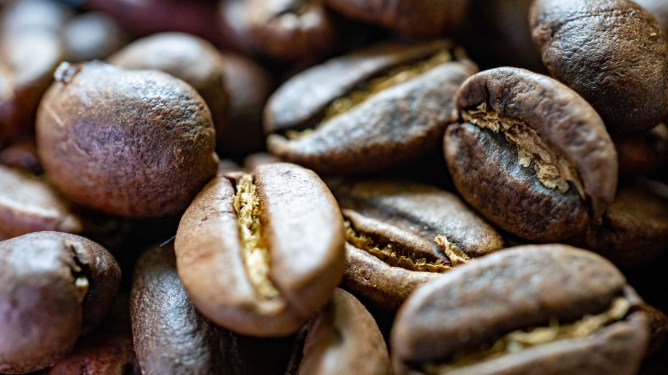The world has become smaller with the advent of global supply chains, allowing us to access virtually any product we desire at the touch of a button. However, when it comes to verifying the origin or composition of physical objects, these fragmented chains can become an expensive minefield for companies operating within them.
Introducing Forensic Traceability
Forensic traceability is a method that uses data and forensic science to determine the true origins of a product. A New Zealand startup called Oritain has raised $57 million to continue developing its forensic traceability business, which includes technology for testing a product’s origins and composition, as well as a growing ‘fingerprint’ database used to aid in identification.
Highland Europe Leads the Round
Highland Europe is leading the investment round, with previous backer Long Ridge also participating. Oritain has not disclosed its valuation, except to confirm that it is higher than before due to an annual growth rate of over 90% and retention of customers exceeding 100%.
Oritain’s Forensic Traceability Solution
Oritain currently provides software-as-a-service (SaaS) tooling for researching the origins of food and textiles. It works with 100 companies, including big multinationals like Nescafé, Lacoste, Supima, and Primark, which use it to ensure they are getting what they expect, that customers are receiving what they intend to send, and to help them stay in compliance with their own Environmental, Social, and Governance (ESG) policies, as well as the growing number of regulations aimed at creating rewards and penalties for violating best practices around sourcing and producing goods.
A Complement to Existing Tracking Technologies
While many consumer packaged goods today appear to be already thoroughly traced through barcodes, Bluetooth tags, and other tracking technologies, Oritain’s approach is a clever complement that gets to the heart of the object itself. The company operates from the premise that an object and its materials tell a story. By using methods similar to those used in forensic science, experts can uncover this story.
How Forensic Science Works
CEO Grant Cochrane explained in an interview how Oritain’s science works: "Cotton grown in one part of the world will look different under a microscope than cotton grown somewhere else. Environmental factors play a significant role in how that cotton grows and looks." Events such as earthquakes, fires, and changes in soil conditions can be traced by closely examining the material and comparing it against other data.
A Database of ‘Fingerprints’
Taking a wide variety of measurements, Oritain compares these to information about a location – the claimed origin. If the material (cotton, for example) is found to have characteristics that are not consistent with its claimed origin, this can indicate a problem in the supply chain.
A Growing Database of ‘Fingerprints’
Oritain’s growing database of fingerprints is an essential tool for verifying the origin and composition of products. As new data becomes available, it adds depth to this database, helping companies and regulators make informed decisions about sourcing and compliance.
The Importance of Forensic Traceability
Forensic traceability is crucial in today’s globalized economy, where supply chains are complex and interconnected. By providing a robust method for verifying the origin and composition of products, Oritain’s solution helps companies navigate this minefield and make informed decisions about sourcing and compliance.
The advent of forensic traceability offers a new way forward for companies operating within global supply chains. By using data and forensic science to determine the true origins of products, companies can reduce the risk of counterfeit goods, protect consumers from mislabeled products, and ensure that their ESG policies are being met.
- OpenAI is losing money on its pricey ChatGPT Pro plan, CEO Sam Altman says
- OpenAI might raise the price of ChatGPT to $44 by 2029
- YouTuber LegalEagle sues PayPal over ‘sleeping leech’ Honey extension
- Hindustan Unilever in talks to acquire Peak XV-backed Minimalist for up to $350M
- PharmEasy investor cuts value of its stake drastically, implying new valuation of $456M




